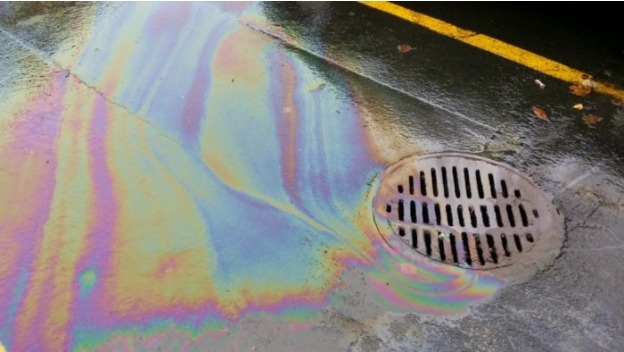Water Challenges Have Created Extraordinary Opportunities
Quiet as kept, we are facing a water crisis in the U.S. that’s being inflamed by a serious innovation deficit in water infrastructure. It can be solved, but only through the intersection of new technologies and fresh approaches with status-quo establishments in the water sector. Easier said than done, but what a huge opportunity.

All things considered, urban water management sits low on the “environmental urgency” totem pole. A dangerous combination of institutional risk-aversion, paltry investment in new technology, and artificially low water prices factor into this lethargy. Meanwhile, urbanization, the decay of century old infrastructure, and unpredictable weather patterns are straining urban water systems to the brink of failure.
The Key to Climate Resiliency: Innovation
It used to be that we could rely on past data to determine groundwater supplies or the potential for flooding in a given area. Those days are long gone. A changing climate is a present reality that has everything to do with our future water security. In 2017, extreme weather cost the U.S. $300 billion.
New scientific research shows that ten times more Americans are at risk of being flooded out by rivers within the next 20 years, even if greenhouse emissions are completely and immediately curbed. If water security comes down to how cities address this new normal, old path-dependent approaches will prove disastrous.
Knowing that current water infrastructure in the U.S. is nearing the end of its useful life, utilities are hurtling toward $700 Billion in new spending on water projects. This is an unprecedented opportunity for new approaches to be adopted by the industry. Fortunately, paradigm-shifting technologies are being (and have been) developed in each cog of the urban water cycle.
Bold new material technologies in permeable paving for stormwater infrastructure, distributed water technologies, potable water reuse, and energy recovery from wastewater all show tremendous promise. These could be game-changers at scale, improving the physical structure and financial future for urban water systems…If given the chance.
Financing the Future of Water:
Institutional path-dependence is but one barrier for promising technologies. The other obvious barrier is the lack of private investment in the development and deployment these technologies. In a vicious circle, the industry that most needs new technologies repels the industry that invests in new technologies — venture capital. Herd mentality on top of herd mentality.
Normally, promising startups turn to venture capital to finance growth. But in a dislocated (albeit, huge) industry with slow sales cycles and regulatory sluggishness, it turns out that venture capital is inherently at odds with water startups. Ironically, this probably bodes well for startups in the space. While institutional investors play follow the leader and pile into more marketable environmental plays, innovative water technologies will be backed by new financing mechanisms that allow them to be developed, launched, and deployed in ways that can be truly impactful.
It is my feeling that we are entering a truly disruptive period in water infrastructure. Regulatory policy-making is getting lapped by technological advances and new startup financing mechanisms like equity crowdfunding are finding their footing. The truth is, real innovation finds its way around entrance barriers. And when outdated institutional factors influence decision making — even when a new technology demonstrates the massive potential to improve an existing issue — disruption looms. Recall, we all used to hail taxi cabs.
solutions for change
AquiPor just received 3rd party testing results on the absorption rate of our technology. Why is this important? According to ASTM C […]
Urban flooding, aging infrastructure, and polluted waterways are symptoms of a broken stormwater system—one that wasn’t built for the climate challenges cities […]
When LA turned it’s river into a storm drain Starting in the 1930’s Los Angeles turned the LA river into a big […]
Copyright © 2025 AquiPor Technologies. Site designed & developed by Houdini Interactive.